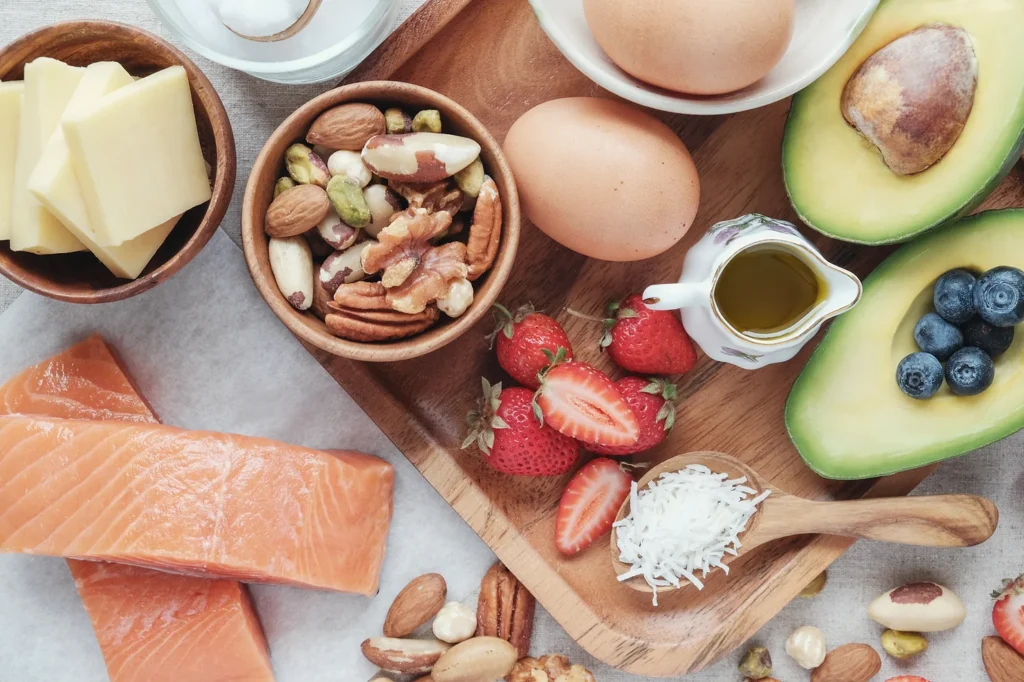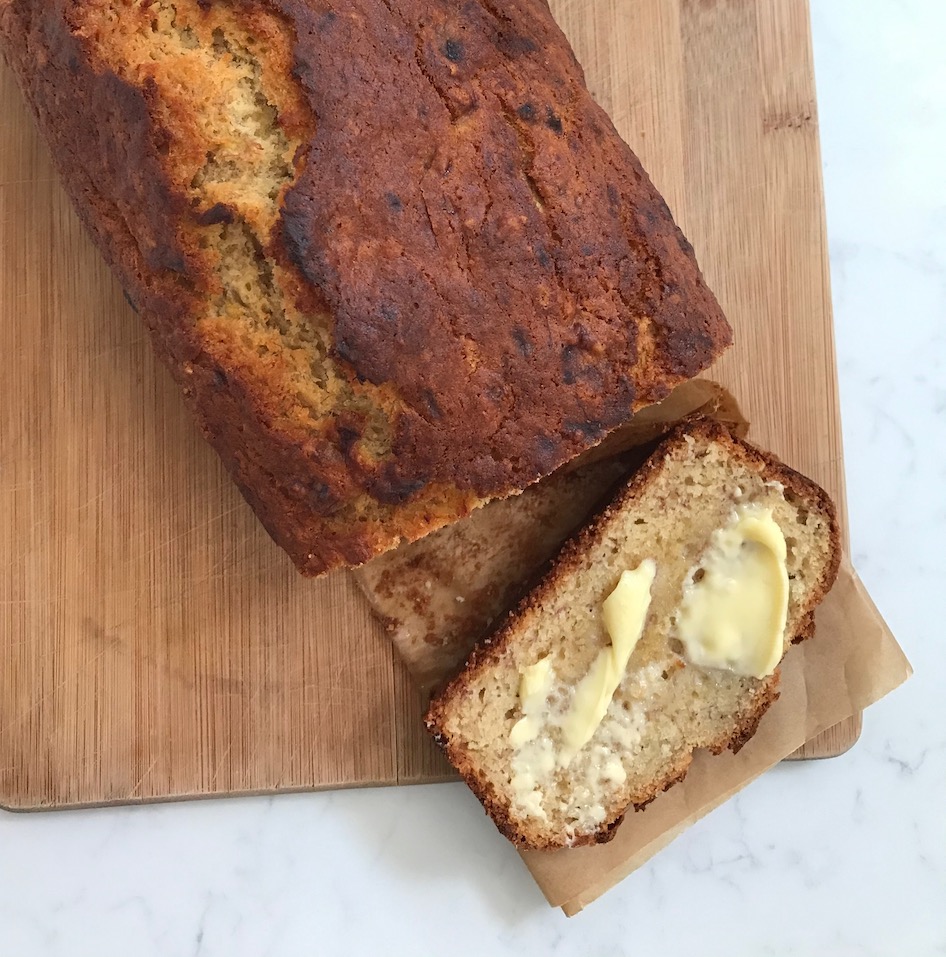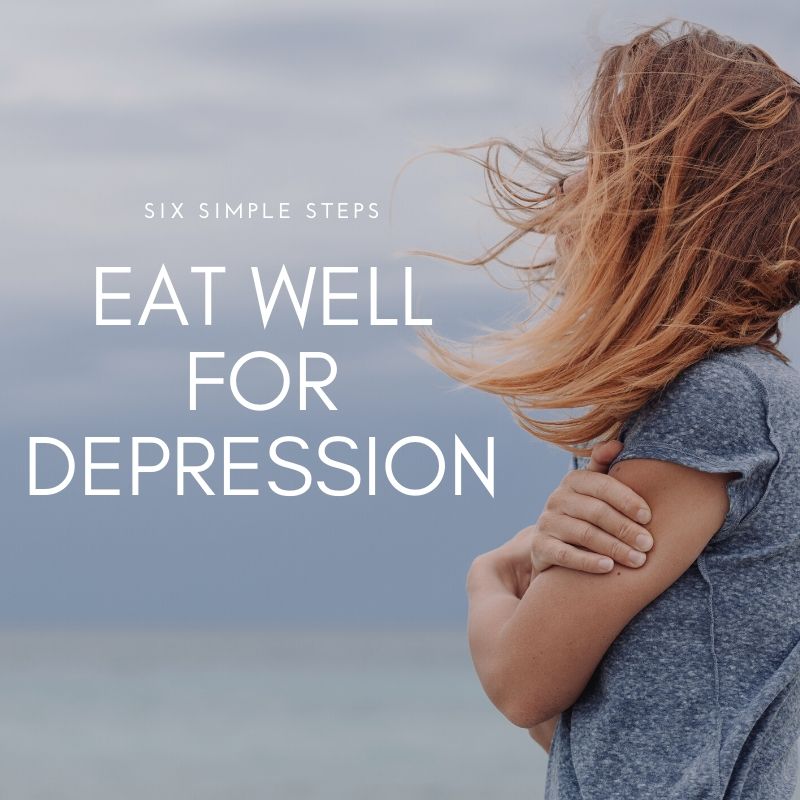If you suffer with Low mood or Depression, know that you are not alone. In the UK, between 8% and 12% of the population experience depression in a year. Worldwide, around 5.8% of males and 10.5% of females experience a depressive episode every year. (1)
The experience of depression includes persistent low mood, often characterised by sadness, emptiness, hopelessness, fatigue, irritability and lack of interest and enjoyment in most activities. (2)
Depression involves a number of core symptoms which impact the ability to handle everyday life. Our food choices can greatly effect our mood, and a growing body of evidence is building regarding the importance of the gut, in relation to our mood.
But in reality, when you’re depressed, food prep. Is the the last thing you feel able to do. So it is about taking a gentle approach, finding and accepting support within your community, being kind to yourself, and making small incremental changes, to support your mental health and wellbeing.
If you suffer with depression or have suicidal thoughts, it’s important that you seek advice from your GP, and always consult your doctor before coming off prescribed medications.
So what’s happening in the body?
Depression is characterised by an imbalance of the neurotransmitters involved in happiness and balanced mood, serotonin, dopamine, GABA, glycine and taurine.
The hippocampus and prefrontal cortex have been shown to be smaller than average in those with depression. These areas are involved with stress, emotions, making decisions, and forming memories. The amygdala may be larger than average. This is the part of the brain that facilitates emotional responses, such as pleasure and fear. (3)
Thoughts, feelings and behaviour are central to depression, these are often interlinked and can cause a negative, self perpetuating spiral. Eg a negative thought (such as ‘I am useless’) may lead to feeling low, which may lead to withdrawal, or avoiding friends, which maintains the low mood. There is a growing body of evidence supporting the efficacy of cognitive behavioural therapy (CBT) for Depression (4). This approach helps to recognise when negative thought patterns occur, and encourages change in habit.
Sleep and movement also play an important role in the management of depression. A recent meta-analysis reported that people who spend more time in green spaces have significantly reduced risk for chronic diseases, and physical activity in a natural outdoor environment has been associated with reduced negative emotions and fatigue. (5)
The benefits of nature on our health and wellbeing have been well documented since the 1800’s. Getting outside in nature builds a sense of connection and perspective.
Our food choices also play an important role in the management of mood. As a general guide, reducing intake of highly processed and high sugar foods, which tend to be devoid of nutrients, and incorporating more whole foods, which are nutrient rich, forms the basis for a feel good menu plan.
Here are my 6 simple steps……
Tip 1. Essential Fats
Depression has been linked with Inflammation, and increase in circulating cytokines IL-1, IL-6 and TNF-alpha. (6) Incorporating more of the anti inflammatory fats into your diet may be beneficial if you are experiencing low mood and depression. Omega 3 and 9 fats are found in Oily fish, Nuts and seeds, Avocados and Olive oil. These fats aid cell to cell communication and fluidity.
Why not try snacking on nuts and seeds, and using extra virgin olive oil to drizzle over your salads and cooked vegetables. For a simple snack, with minimal preparation, cut an avocado and drizzle with extra virgin olive oil and balsamic vinegar.

Tip 2. B vitamins
Depression has been linked with certain micronutrient deficiencies – including Vitamins B1, B2, B3, B5, B6, Biotin, B12. These vitamins are involved with the synthesis of neurotransmitters involved in happiness and balanced mood. Rich sources of B vitamins are found in Whole grains, Organ meats, Game, Poultry, Fish and shellfish, Eggs, Sweet potatoes, Spinach, Broccoli, Nutritional yeast.
Opt for simple dinners, which take little preparation, such as grilled fish, with brown rice and steamed vegetables. Drizzled with extra virgin olive oil and lemon.

Tip 3. Get your Vitamin D checked
Vitamin D is often referred to as the Sunshine Vitamin, because we receive our greatest source from exposure to the sun. Deficiency in this vitamin has been linked with low mood. Main food sources are oily fish, liver, eggs, mushrooms, and fortified foods.
Vitamin D is also an Immune modulator, and important for bone health and thyroid function.
Between October and March in the northern hemisphere, we don’t make enough Vitamin D. NHS guidelines state that Adults should supplement with Vitamin D during this time. You can ask your GP or get yourself tested here.
Scrambled eggs with Mushrooms, would make a great vitamin D rich breakfast, even better if you can find yourself a sunny spot to enjoy it 🙂
Tip 4. Increase Tryptophan foods
Tryptophan intake is essential for the production of healthy levels of serotonin, one of the main main feel good hormones. Studies show that when eaten together, carbohydrates help to increase the availability of tryptophan (7). Rich sources of tryptophan are Bananas, poultry, cottage cheese, pumpkin, soy, walnuts and wild rice. So a slice of banana loaf with walnuts may serve as a feel-good snack choice.

Tip 5. Nourish your gut
A new and exciting area in nutrition unfolds, as we learn more about the gut-brain connection. This links emotional and cognitive centres of the brain with the gut and it’s resident microbiota. Supporting the integrity of the gut and the balance of microflora, has shown to be beneficial in the management of those with depression. (7,8)
Collagen, found in bone broths and glutamine in cabbage based soups and stews, may help to support gut integrity. Soups are often simple to prepare and can last a few days in the fridge. Pumpkin is in season right now, so why not try my Thai style pumpkin soup, or my Restorative Chicken Soup,

Microflora balance is encouraged by incorporating probiotic foods, such as live yoghurt, kefir, kombucha, miso, sauerkraut and kimchi to the diet. Why not add a spoon of live yoghurt to your morning muesli, or add a spoon of Sauerkraut or Kimchi to your lunchtime sandwich?
Tip 6. Managing Stress
Depression is often characterised by high cortisol levels. Cortisol is a hormone, which activates the fight or flight response (9). When the body is in a stressed state our absorption of nutrients is compromised, and vitamin C, magnesium and zinc stores are often depleted, so eating a variety of fruits and vegetables as well as nuts and seeds, may help keep these stores topped up, so that we can better buffer the stresses and strains that come our way. Introducing nurturing practices such as meditation, yoga, walking in nature and enjoying a soothing bath may also help to calm down the stress response.

Why not try adding berries to your morning porridge or muesli, or snack on an apple with nut butter, or hummus with colourful vegetable crudités. Enjoy a simple leaf salad with toasted pumpkin seeds, adding more variations of colourful veg if you feel up to it.
As a Nutritional Therapist, I help my clients to cultivate a healthy relationship with food. If you would like to explore further how foods can help you to manage low mood or depression, I offer one to one online support and can devise a bespoke nutrition plan for you. Why not book a FREE Mini Health Review, and explore Nutritional Therapy options to suit your needs. You can also subscribe to my bi-monthly newsletter with nutrition tips, recipes and special offers on the products and services I offer (check the link in footer).
Wishing you well.
Lucie 🙂
BA, Dip NT, mBANT
Check out these links for more support:
https://www.time-to-change.org.uk/category/blog/depression
Sources:
1 https://www.mentalhealth.org.uk/statistics/mental-health-statistics-depression
2 https://www.healthline.com/health/depression/facts-statistics-infographic#1
3 https://www.sciencedirect.com/science/article/abs/pii/S0006322300010209
5 https://www.ncbi.nlm.nih.gov/pubmed/29982151
6 https://www.ncbi.nlm.nih.gov/pmc/articles/PMC3741070/
7 https://www.ncbi.nlm.nih.gov/pmc/articles/PMC4728667/
8 https://www.ncbi.nlm.nih.gov/pubmed/26706022
9 https://www.verywellmind.com/cortisol-and-depression-1066764

